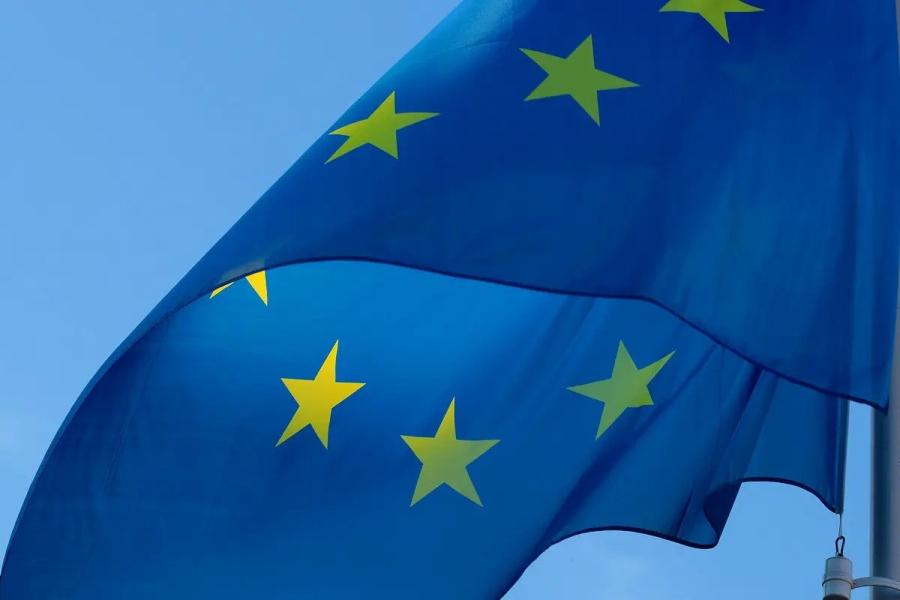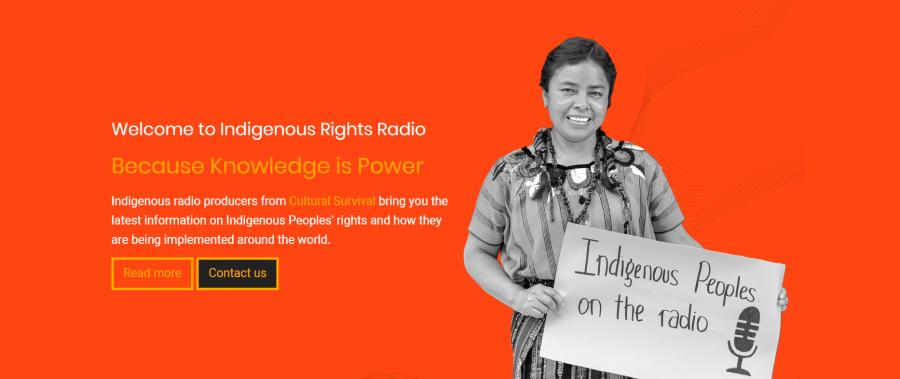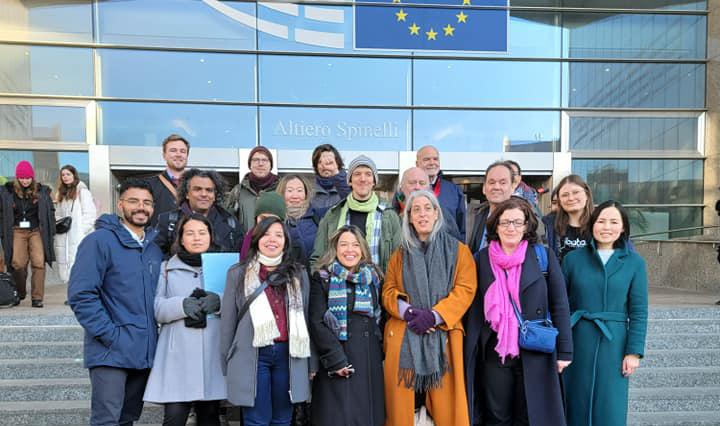
Over the past few years, the European Union has undertaken a more robust legislative approach requiring a more human rights-focused and environmentally conscious framework in its legislative initiatives. Such an approach has the potential to transform the EU legal system and move the human rights and environmental due diligence processes from voluntary audits, certification, and the area of so-called soft law to one of legal accountability for non-compliance with international and national law, i.e., hard law.
The EU legislative system is moving swiftly to draft and adopt several legislative initiatives to improve due diligence and compliance with human rights and environmental standards of products coming to the European market. Since the EU is one of the largest consumer markets in the world with over 700 million individuals, much of what is happening in the European Union is going to dictate how raw materials will be sourced, processed, and traded globally.
From February 27-March 2, 2023, we were part of a delegation of Indigenous leaders who met with European Union Parliamentarians in Brussels, Belgium, to bring attention to the impacts that extractive industries (namely oil, gas, and mining) have on Indigenous Peoples’ rights, lands, and environments globally. These meetings were co-organized by Transport & Environment, Catapa, European Environmental Bureau, and Cultural Survival to discuss the EU’s proposed Corporate Sustainability Due Diligence Directive (CSDDD). Understanding how Indigenous Peoples have historically been marginalized with our voices not heard, it was important for us to engage and deliver urgent messages to parliamentarians and commissioners about how supply and value chains leading to the EU market directly impact Indigenous communities.
Only a few EU nations, including France, currently have laws requiring due diligence, but since January 2023, businesses in Germany with more than 3,000 workers are being required to do so. Due to the "technical" character of the directive, only a few member states have so far taken a stance on the matter. We believe this is also the result of the Indigenous Peoples and allies` pressure on key matters. The Parliament will also be conducting negotiations over the implementations and it is likely to press for tighter restrictions on businesses and a wider range of regulations.
The Corporate Sustainability Due Diligence Directive is of great significance to Indigenous Peoples around the world for two reasons. First, we are in the moment of the so-called green energy transition, which seeks resources, specifically minerals, that are essential for technologies such as smartphones, electric cars, and solar energy, among others. This implies a new and more aggressive frontier of mineral extraction for metals such as lithium, copper, nickel, and cobalt; a World Bank Group report finds that the production of these minerals could increase by nearly 500 percent by 2050.
The second reason is that the vast majority of these resources are on Indigenous lands, which presents a serious and existential threat to the lives and well being of Indigenous Peoples. Indigenous territories contain significant concentrations of untapped heavy metal reserves around the world. Data shows that in the United States, 97 percent of nickel, 89 percent of copper, 79 percent of lithium, and 68 percent of cobalt reserves and resources are located within 35 miles of Native American reservations. The proposed Corporate Sustainability Due Diligence Directive presents both opportunities and challenges for Indigenous Peoples.
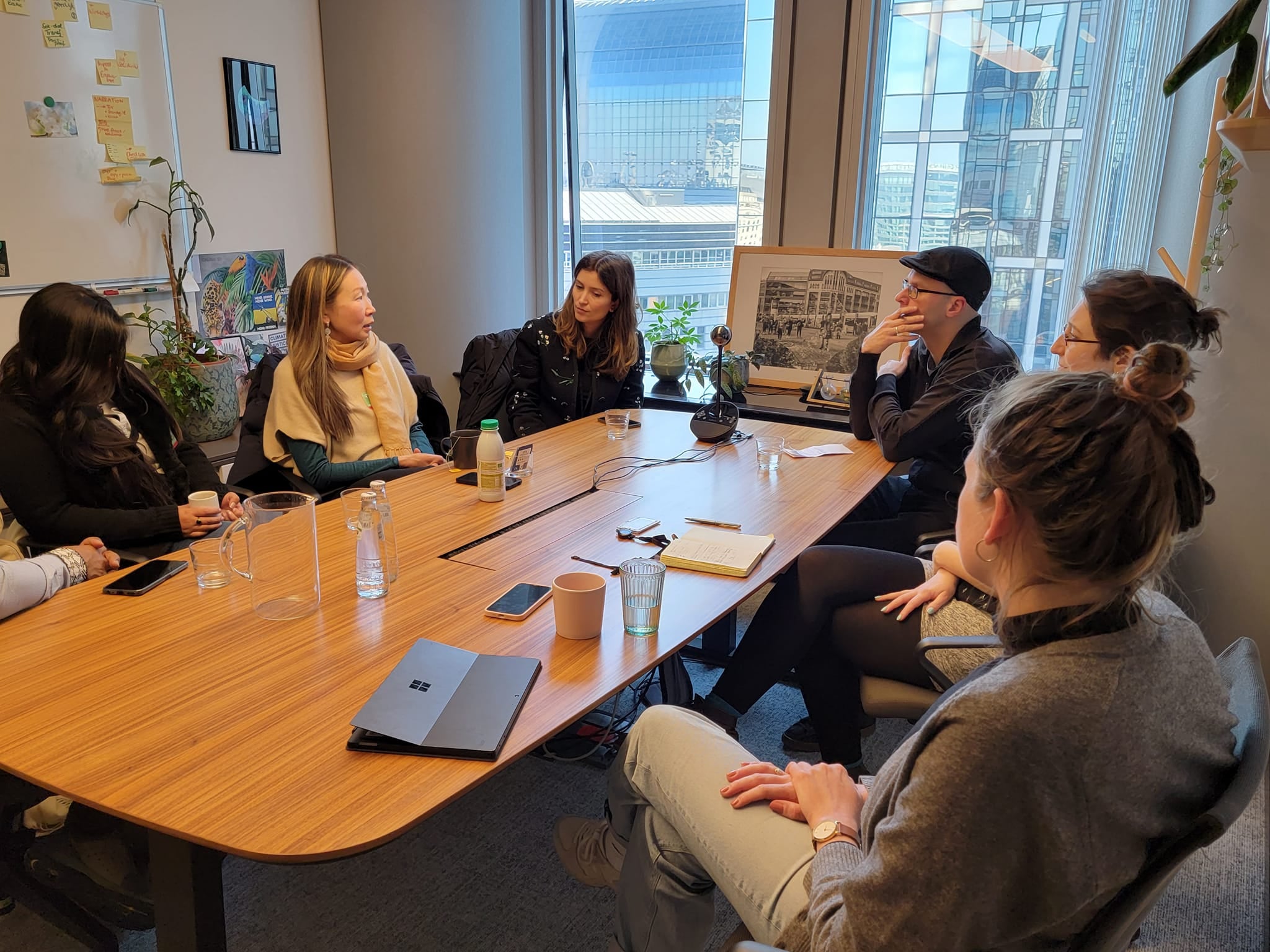
Galina Angarova (Buryat), Cultural Survival Executive Director, speaking to German European Parliament Member Anna Cavazzini's team about the impacts of mining for transitional minerals on Indigenous communities in Chile, Brazil, and Sweden.
Opportunities
The Corporate Sustainability Due Diligence Directive carries the possibility of substantially transforming the legal global framework of human rights and international environmental laws if it includes the various frameworks pertinent to Indigenous Peoples’ rights, including the UN Declaration on the Rights of Indigenous Peoples, International Labor Organization Convention No.169, and the UN Declaration on Human Rights Defenders. It is deeply consequential for Indigenous Peoples because it aims to ensure that European companies are neither causing nor contributing to human rights abuses and environmental damage in their operations, supply and value chains, and business relationships. If approved, it will require companies to identify, prevent, mitigate, and account for the adverse impacts of their activities on human rights and the environment, including those of Indigenous Peoples.
In a global economy where large transnational corporations and international financial institutions like the World Bank make the rules, Indigenous Peoples face disproportionate and systemic human rights violations linked to environmental destruction, as they are frequently attacked, persecuted, and forcefully displaced from their ancestral territories in the name of profit and “progress.” Since the era of mercantilism (16th-18th Centuries), an economic policy designed by Europeans to take more than give, and during which imperialism, colonialism, and commodification were promoted, Indigenous Peoples have been marginalized, enslaved, discriminated against, and excluded from decision-making processes that affect their lives and territories. To address the negative legacies of these policies, the Corporate Sustainability Due Diligence Directive aims to be a legal framework to protect Indigenous Peoples' rights and interests by holding companies accountable for their actions overseas.
The CSDDD will provide Indigenous Peoples and civil society greater access to information and participation in decision-making processes related to corporate activities that affect their lives, territories, and environments at local and global levels. The impact that the extractive industry has on Indigenous Peoples specifically cannot be overstated. The Business and Human Rights Resources Centre reported in 2021 that 495 human rights allegations were made against all 115 companies involved in transition mineral extraction over a period of 10 years. This legislation carries the potential to transform the industry’s power to promote more responsible and sustainable business practices that respect the rights and interests of Indigenous Peoples and contribute to their well being and self-determination.
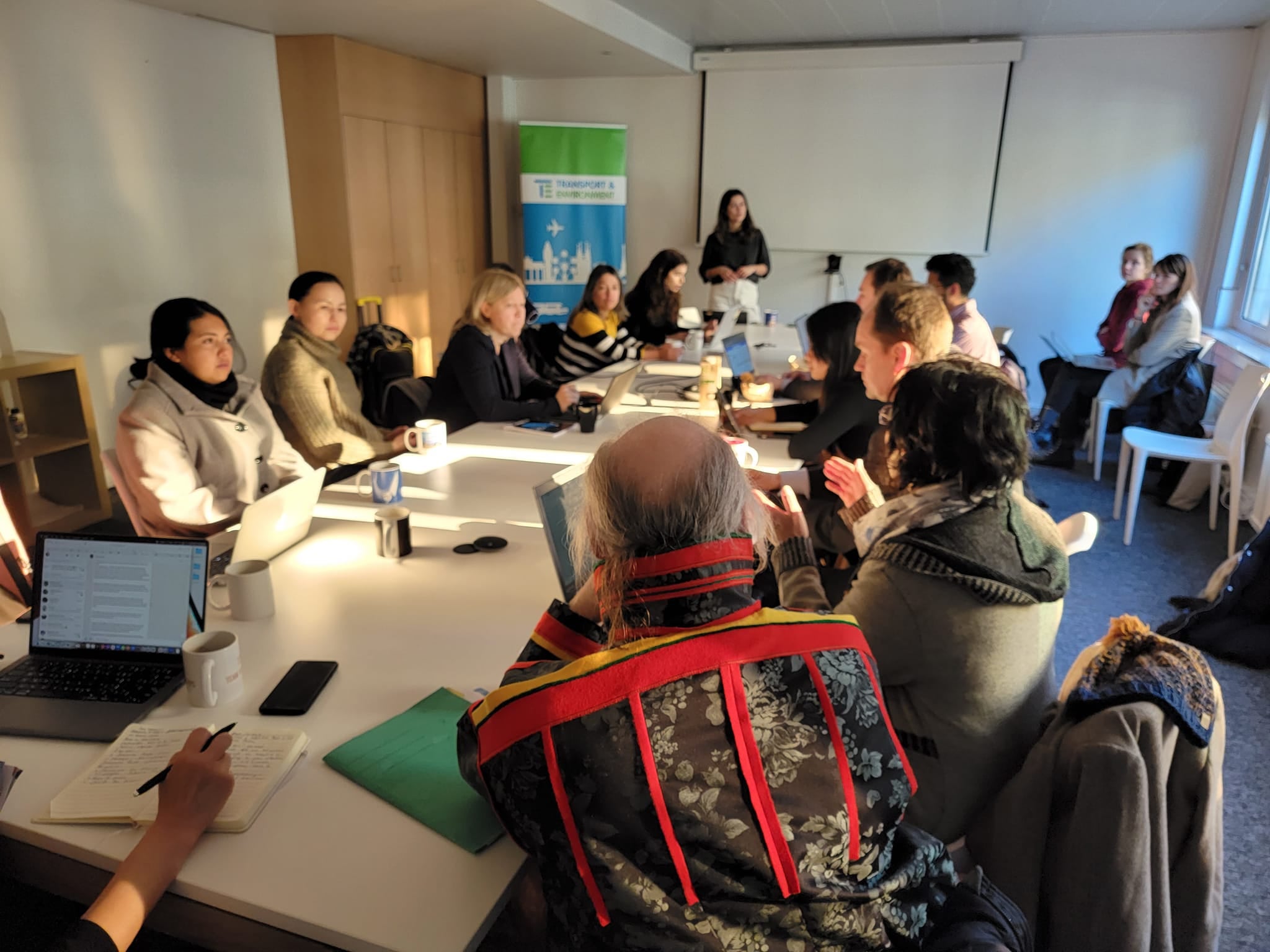
Indigenous delegation meeting at the Transport and Environment NGO headquarters to prepare their presentations for members of the EU European Parliament.
Challenges
While the Corporate Sustainability Due Diligence Directive comes with hope and a great potential to positively impact the environment and Indigenous Peoples’ rights, there are several ambiguities in the draft that could make its implementation difficult. There are seven primary reasons why it might fail, and compromise the transition to a fair and just green energy economy in the process.
- The latest draft of the CSDDD did not adequately recognize and address the right to Free, Prior and Informed Consent (FPIC), which is the unique right of Indigenous Peoples that flows from our fundamental right to self-determination as articulated by the UN Declaration on the Rights of Indigenous Peoples. Free, Prior and Informed Consent is both a substantive and procedural right of Indigenous Peoples to give or withhold consent on projects that impact or potentially impact them. The absence of any reference to FPIC in the latest version of the CSDDD could lead to Indigenous Peoples being excluded from decision-making processes and not having a say in the activities that will potentially affect their lives and territories. In the Annex of the CSDDD, where important details are provided, a number of key human rights instruments are conspicuously absent, including ILO Convention No. 169, the UN Declaration on the Rights of Indigenous Peoples, and the UN Declaration on Human Rights Defenders. Without explicitly referencing Indigenous Peoples’ rights frameworks, it may not contain strong enough enforcement mechanisms to ensure that companies are held accountable for their actions.
-
The CSDDD only provides for civil liability, which may not be enough to stop companies from engaging in harmful activities or to compensate Indigenous Peoples for loss and damage they have caused. This loophole means that companies may be able to avoid their responsibilities, along with their accountability. There is no criminal liability in cases of disasters where people are killed or rivers and ecosystems are destroyed.
-
Further, the legislation will only apply to about one percent of European companies, as its limited scope excludes smaller-scale projects and leaves several stages of the supply chain unaddressed. This is because the draft text outlines the company size threshold for EU companies with 500+ employees and annual profit of EUR 150 million or more.
-
Such provisions will further complicate and not adequately address the issue of land and resource rights—one of the most important issues for Indigenous Peoples and critical for the survival of vulnerable communities. Most violations of Indigenous Peoples’ rights are perpetrated by small and medium-sized businesses at the beginning of the supply chains where land grabbing, violence, forced displacement, and environmental harm occur. Communities’ rights to a safe and healthy environment are under threat exactly because these entities do not respect Indigenous rights, or ecological conditions to keep the land and resources safe and healthy. Again, because the CSDDD only applies to a company’s “established business relationships,” permanent business, and larger companies, it does not encompass these small and medium-sized businesses, which are mainly responsible for Indigenous Peoples’ rights violations.
-
The CSDDD fails to address the systemic injustices, both current and historical, that Indigenous Peoples have faced because of European colonialism and extractivism, which have contributed to their marginalization and vulnerability. Some of these injustices continue to this day, like the disasters of Mariana and Brumadinho in Brazil, when dams owned by Samarco, Vale, and BHP oil companies collapsed in the state of Minas Gerais and released a combined 72 million cubic meters of toxic mud, killing 289 people, displacing hundreds more, and causing significant environmental damage to the Rio Doce and Paraopeba Rivers, which are sacred rivers for Indigenous Peoples. Without addressing such injustices, the CSDDD fails to reach its potential.
-
Globally, a significant transformation is occurring in the legal domain encompassing legal frameworks and instruments. Nevertheless, Indigenous communities continue to face a major challenge in accessing justice due to the colonial roots of the legal systems. Litigation is an intricate and expensive process, and the CSDDD fails to provide any guidance on the mechanisms for corporate liability or the redress for this crucial aspect of justice.
- Article 15 of the CSDDD conspicuously excludes references to greenhouse gas emissions and their environmental impacts. The proposal requires companies to adopt a plan to ensure that their business model and strategy are compatible with a sustainable economy and the limiting of global warming to 1.5°C (See Paris Agreement discussion). But Article 15’s proposed provision between the climate plan and remuneration is problematic; it is ambiguous and incoherent, and gives companies total freedom to define the scope of loss and damage finance mechanisms. The European Company Law Experts Group argues that Article 15 should be taken out of the CSDDD due to regulatory overlap and the problems mentioned above.
Greenhouse gas emissions are one of the main causes of climate change, which has serious and potentially disastrous effects on the ecosystem, human health, and economies. If these pollutants aren't reduced, extreme weather events, sea level rise, species loss, and other environmental issues are likely to become more severe and frequent. Weak or briefly referenced provisions could result in a lack of responsibility and accountability regarding business and governmental actions. International conventions and guidelines such as the UN Guiding Principles on Business and Human Rights and frameworks by the Organisation for Economic Co-operation and Development require companies to take responsibility for any negative effects that happen throughout their activities and by their stakeholders. It is not possible for a company to address all impacts simultaneously, nor effectively provide its own measures and assessment of these impacts.
NewClimate and GermanWatch, two European organizations that analyzed the CSDDD, pointed out that "there is a high risk of further greenwashing and of companies adopting plans that are merely cosmetic." There is a substantial inconsistency between the proposed CSDDD and the Corporate Sustainability Reporting Directive, a European directive that already requires companies to report on the impact of their activities on the environment and society. An additional matter of concern is related to the legal uncertainty that exists between the provisions outlined in CSDDD Articles 3 and 15. The proposed CSDDD must be amended to reflect these suggestions in both articles. It must recognize that the connection between environmental degradation and climate change as viewed through the lens of Indigenous knowledge and scientific inquiry is undeniable. The absence of any reference in the CSDDD regarding the accountability of businesses for their actions and the measures to address this pivotal aspect of justice is notable, and all companies must comply.
Needed Actions
The version of the CSDDD that came out of the European Commission in March contained language ensuring the respect of Indigenous Peoples' right to lands, territories, and resources which they have traditionally owned, occupied, or otherwise used or acquired (Annex, Part I, Point 20). Unfortunately, as the draft moved to the European Council, Point 20 from Subheading 1 of the Annex and a reference to the UN Declaration on the Rights of Indigenous Peoples from Subheading 2 of the Annex were deleted.
The European Council followed a similar process in regard to deforestation-free products and battery regulation by deleting direct references to the UN Declaration on the Rights of Indigenous Peoples, therefore creating a major gap in the protection of the rights of Indigenous Peoples. The European Commission, Parliament, and Council say that they are committed to closing this gap. However, it is important to note that legal uncertainties, loopholes, and ambiguities threaten the implementation.
All three branches of the EU legislative system have the unique opportunity to ensure that the rights of Indigenous Peoples are respected, protected, and fulfilled. After the approval of the provision during upcoming trialogue negotiations among the European Commission, Parliament, and Council, EU Member States must establish rules for undertakings to carry out effective due diligence to avoid adverse impacts on human rights, the environment, and Indigenous rights. The inclusion of references to Indigenous Peoples, the UN Declaration on the Rights of Indigenous Peoples, ILO Convention 169, and most importantly, the right to Free, Prior and Informed Consent in the operative text and the annexes of the CSDDD is essential.
Top photo: Indigenous delegates from Brazil, Chile, Ecuador, Sweden, Kazakhstan, and Russia, joined by environmental activists from Argentina, Ecuador, Peru, Germany, Belgium, and Norway spoke before Members of the European Parliament, asking to push for the inclusion of Indigenous Peoples' rights in the Corporate Sustainability Due Diligence (CSDD).
